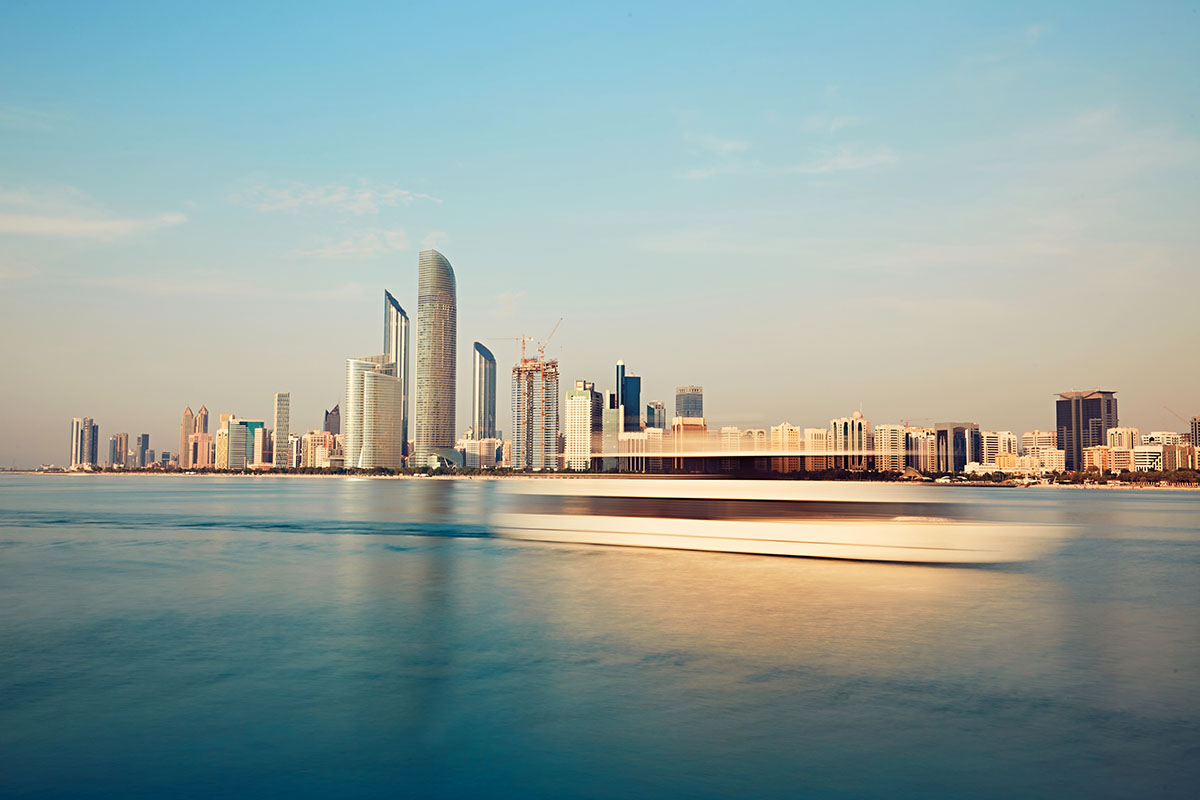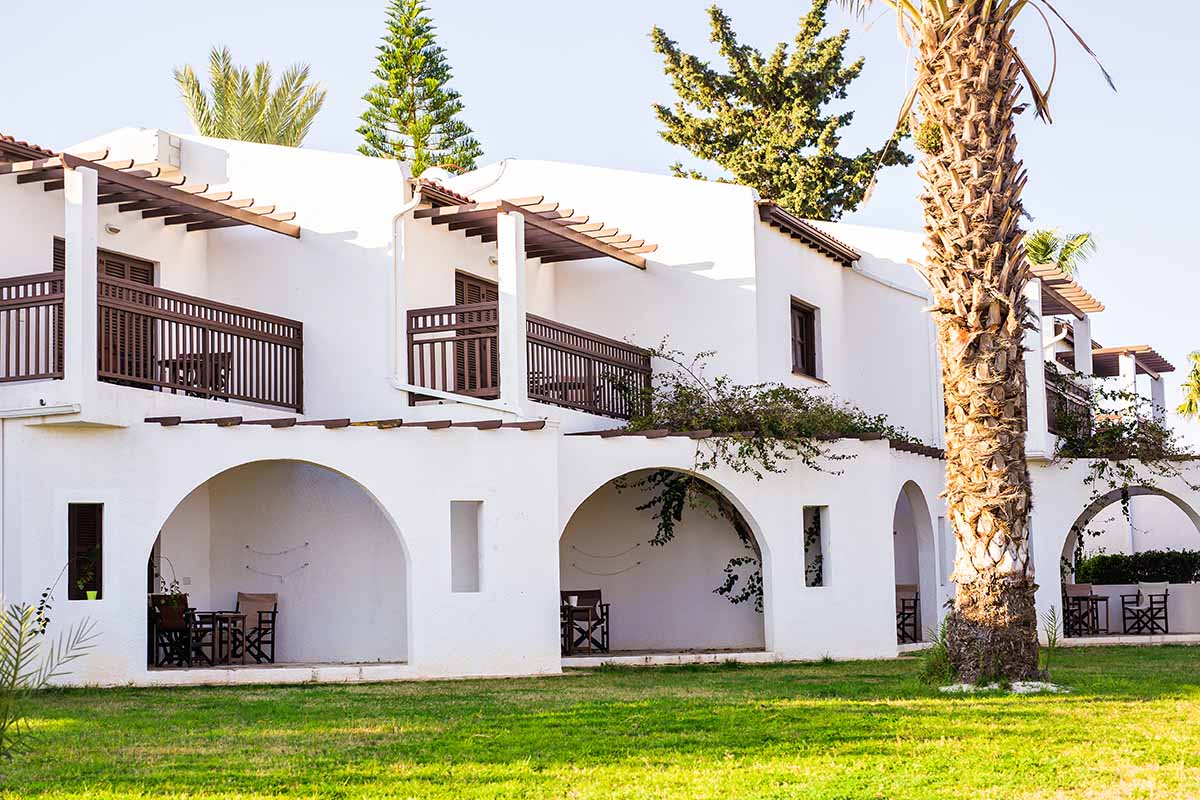Immigration to the UAE
More and more people around the world are thinking about relocating to Dubai. The United Arab Emirates attracts expats with its high standard of living, stable political environment, and safety.
In the modern world, individuals are not bound to the place where they were born. If finding a well-paying job and establishing a life in one’s home country proves challenging, there is always the option to explore more attractive opportunities abroad. For a long time, European countries and the United States were leaders in terms of the number of foreigners moving to their shores. However, nowadays, an increasing number of people prefer to immigrate to the United Arab Emirates (UAE). This is attributed to the country’s robust economic development, the government’s consistent policies aimed at attracting foreign professionals and wealthy investors, and the nation’s commitment to maintaining neutrality in complex international situations. Simplification of residency rules and other legislative relaxations have made immigration to the UAE in 2023 easier than ever. Below, we will go through the process of obtaining residence visas in the UAE.
Content:
- UAE Immigration programs
- Immigration to the UAE
- Advantages of immigrating to the UAE
- Disadvantages of living as an expat
- Main reasons to immigrate to the UAE
- Immigration to Dubai
- Obtaining a residence visa
- Assistance in relocating to Dubai and other Emirates in 2024
UAE Immigration programs
- Residence permit in the UAE when buying real estate
- Citizenship for investment in the UAE when buying real estate
Immigration to the UAE
Advantages of immigrating to the UAE
Expats name the following advantages of this country:
- Developed and stable economy. This factor ensures a high standard of living for the population. In 2022, the job market has become more active, with local companies hiring an increasing number of qualified foreign workers.
- High salaries. The average salary in the UAE last year was around $5,500 per month. The specific figure can vary significantly depending on the profession. For example, a dentist can expect around $13,000 per month. In 2023, a 2–5% growth in the average salary is expected.
- Developed real estate market. New houses and entire residential areas are actively being built in Dubai, Abu Dhabi, and other emirates. Expats can choose from a vast assortment of diverse housing options, available for both full ownership and rent. In 2023, even more real estate offerings are expected in the UAE market than in 2022, as many homeowners hope to profit from increased property prices. In Dubai, for example, about 64% of homeowners plan to sell their home within the next 12 months, according to a February report (2023).
- The ease of obtaining residency. Purchasing property in Dubai and other emirates significantly simplifies the process of obtaining long-term residence visas. Citizenship is most accessible through marriage. A foreign woman married to a UAE citizen can apply for citizenship in 7 years if she has a child in marriage and in 10 years without having a child.
- Favourable conditions for doing business. Only financial organisations, companies involved in oil and natural gas extraction, and banks are taxed in the country. Other companies are largely exempt from paying most taxes. Corporate tax is only 9% on income exceeding $102,000 per year. Other taxes are either excise taxes on “harmful goods” or VAT.
- No double taxation. The UAE has signed avoidance of double taxation agreements with over 140 countries. In other words, if a tax is levied by both countries, companies will not have to pay it twice to both jurisdictions. If payment is still required, it will be significantly reduced.
- Quality healthcare. Local authorities are interested in developing healthcare, so medical specialists in the UAE are either internationally trained doctors or local professionals who have received training in Western countries. Expensive modern diagnostic and other equipment is used in treatment, employing the latest medical developments.
- Free emergency medical care. The UAE healthcare system ranks among the top 50 in the world, with an average life expectancy of 80 years. Medical care is entirely free for citizens. Expats must pay for medical services; however, emergency medical assistance is provided at the state’s expense.
- Affordable family health insurance. Dubai and Abu Dhabi have mandatory health insurance systems. Employers pay for insurance for their employees. In Abu Dhabi, employer-sponsored insurance also extends to spouses and 3 children. The cost of health insurance for a family of 4 is approximately $9,000. Residents with medical insurance can access both public and private medical services.
- Low crime rate. The United Arab Emirates consistently ranks among the safest countries globally. This is achieved through strict laws, a high number of police patrols on city streets, and widespread use of surveillance systems. In a country with millions of people from all over the world, such a security system allows individuals to feel safe even on deserted streets at night.
- Friendliness towards foreigners. With residence visas, foreigners have almost the same rights as local citizens. In the Emirates, there is a very friendly attitude towards foreigners both at the domestic and legislative levels. A visa does not require a lot of documents, many processes are automated, and the processing time is only 1 to 2 weeks.
- English as a de facto second official language. Proficiency in Arabic is not mandatory for living and working in the UAE. The majority of the country’s residents are foreigners. It is easier to meet someone who speaks English than someone who knows only Arabic. Documentation is usually conducted in 2 languages. Having a slightly above-average level of English is sufficient for living in the UAE.

Disadvantages of living as an expat
- Unusual climate. While the absence of winter and cold weather is appreciated by many, the heat that persists for more than half a year can be challenging for both locals and expats. The widespread use of air conditioning helps, although electricity expenses can be significant.
- High food prices. Many expats relocating to Dubai from various countries note the high prices of food products. Prices for certain categories of goods are significantly higher than in their home countries.
- Unfamiliar religion. Almost all citizens of the United Arab Emirates are Muslims, but not everyone shares the spiritual and cultural ideas of Islam. However, in Dubai, there are enough neighbourhoods where only foreigners, or even exclusively Europeans, reside.
Main reasons to immigrate to the UAE
This is what expats are trying to get away from by relocating to the Emirates:
- Low standard of living;
- High crime rate;
- Difficulties in implementing your own business projects;
- Harsh climate, etc.
IMMIGRATION TO DUBAI
Dubai is the largest and most dynamically developing city in the UAE. It is not surprising that it is highly attractive to expats. The population of the emirate is over 3.6 million people as of 2023, with more than 80% of them being expats. Dubai authorities anticipate that by 2040, the population of the emirate will nearly double, reaching 7.8 million people.
Legal ways to relocate to Dubai
You can legally relocate to the UAE in two ways:
- Getting a residence visa;
- Getting citizenship.
It is extremely difficult and time-consuming to obtain citizenship in the country, so let’s focus on how you can obtain residence visas.
- Employment in licensed companies is a common pathway for obtaining residency in Dubai due to high salaries and comfortable working conditions in the emirate.
- Education. Enrolment in educational institutions is another legitimate basis for obtaining temporary residency in the UAE. Education is conducted solely in English, and knowledge of Arabic is not mandatory.
- Education for children. In 2022, Dubai authorities extended the student visa duration for children of the emirate’s residents. Now, expatriate children can live in Dubai on a visa funded by their parents until the age of 25. They can complete their education and secure employment, leading to their own residence visa. Additionally, students who graduate from college or university with distinction may qualify for a 10-year Golden Visa.
- Investing personal funds in business or purchasing an apartment or villa in Dubai is another avenue. Different investment amounts qualify for visas with varying lengths of stay. All investor visas can be extended indefinitely as long as the grounds for their issuance persist. The minimum cost of acquired property in Dubai to obtain a 2-year visa is AED 750,000 ($204,000). There are no restrictions on the use of the property, and no income or property taxes are levied. Fees will need to be paid when completing the transaction. By meeting certain conditions, one can obtain a visa for villas or apartments in Dubai, including off-plan properties and those acquired with a mortgage.
- Running a business in the UAE is one of the most effective ways, after real estate investments, to legally relocate to the UAE.
OBTAINING A RESIDENCE VISA
If you are planning to relocate to the UAE, you will need to apply for a residence visa. As mentioned earlier, while obtaining citizenship is possible, it is an extremely complex process that takes decades. Long-term visas offer almost the same benefits.
It’s important to note that the concept of “residence permit” as such does not exist in the Emirates. Instead, foreigners receive long-term residence visas with unlimited renewal possibilities.
Residence visas come in various types depending on the grounds for their issuance:
- Purchase of real estate in the UAE;
- Opening your own company;
- Enrolment in a university;
- Employment and freelancing;
- Employment or investments for the new Green Visa.
Visas are issued for different durations, with the maximum possible being 10 years. The shortest, a work visa, is issued for 2 years but can be renewed as long as the employee remains employed by a local employer.
The main advantage of the Arabian residency for real estate is the correlation between the visa duration and the amount of investment. For instance, if you buy an apartment in Dubai worth AED 750,000, a visa is granted for 2 years. When purchasing real estate for AED 2 million ($544,500), a Golden Visa is granted for 5 years.
New amendments to the legislation made in 2022 have not only made visa procedures easier but also lowered the minimum value of real estate one must purchase to qualify for a visa.

Obtaining citizenship
Acquiring citizenship in the UAE is a challenging process. A woman can marry a UAE citizen with a reputable and non-criminal background to obtain citizenship. For foreign men, a mirror scheme does not apply. They must go through a naturalisation process, which involves living in the country for 30 years. However, even this does not guarantee results.
However, rulers of one of the 7 emirates may grant citizenship for exceptional services to the state. Individuals demonstrating such services may include:
- Major investors in crucial economic sectors;
- Scholars;
- Doctors;
- Inventors;
- Professionals in creative fields.
Assistance in relocating to Dubai and other Emirates in 2024
If you are considering immigrating to Dubai, start implementing your plans with us. We can assist you in buying real estate in Dubai. Our specialists will answer all your questions related to relocating to the UAE, provide various options, and help you find an apartment, house, or villa in Dubai that suits your preferences.




































